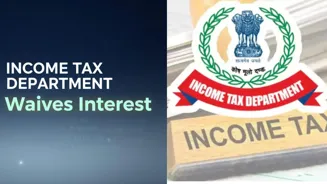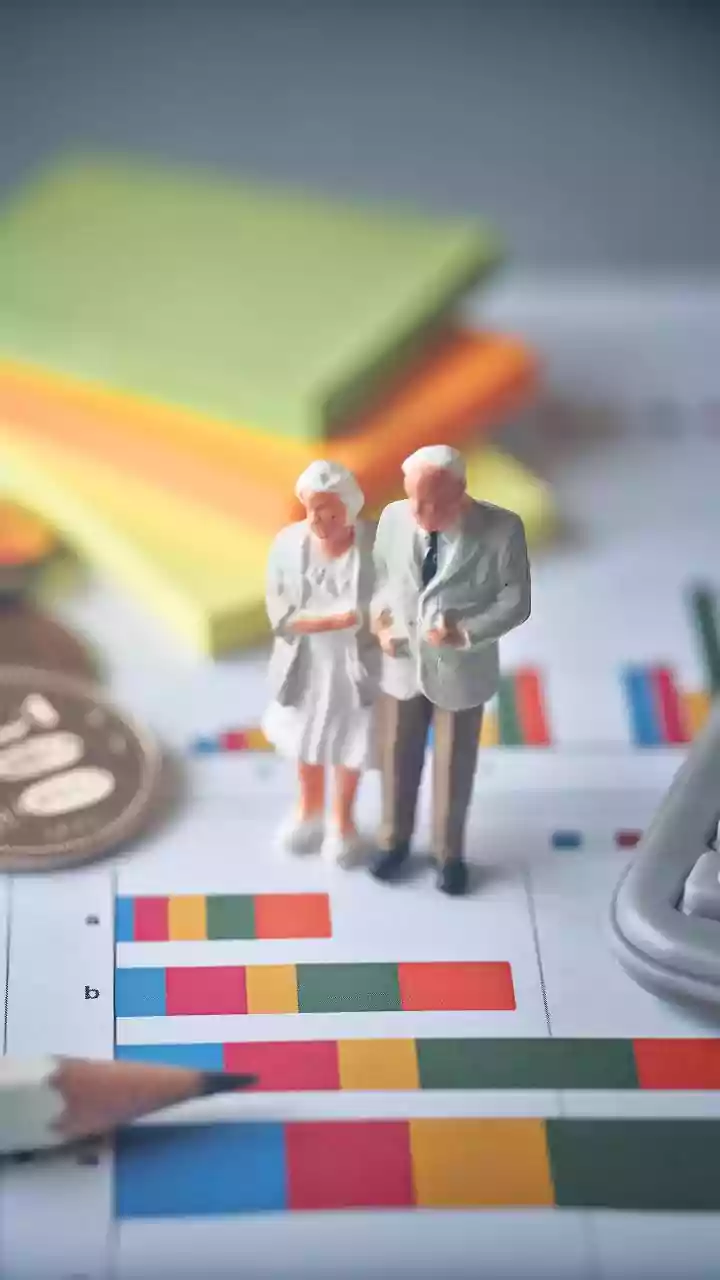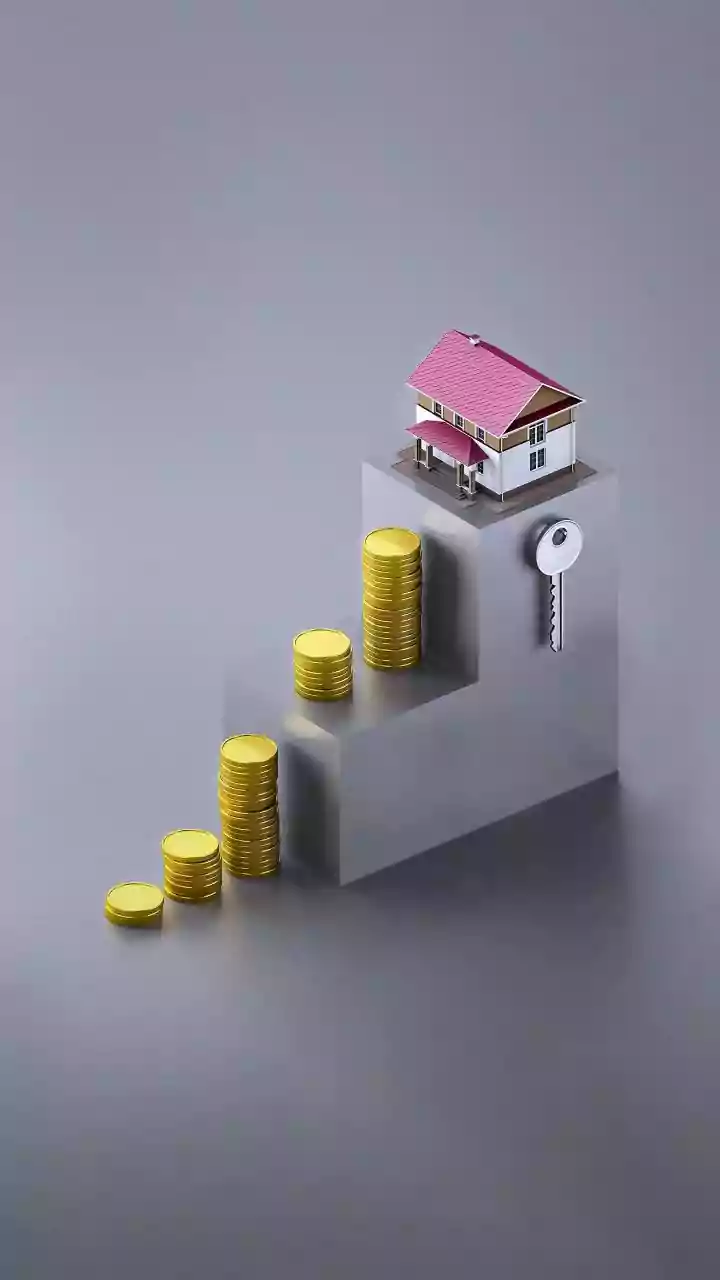What is the story about?
Section 87A of the Income Tax Act provides a rebate for small taxpayers whose taxable income does not exceed Rs 7 lakh (as per current rules). This rebate can
reduce their tax liability to zero. But here’s the catch: The rebate only applies to income taxed at normal slab rates.
- It does not apply to special-rate incomes such as:
- Short-term or long-term capital gains,
- Lottery winnings,
- Certain other specified incomes.
Due to system errors or incorrect processing, some taxpayers were wrongly allowed the rebate even on special-rate incomes. When these mistakes were rectified, new tax demands were generated, leaving many taxpayers surprised and worried.
CBDT’s Relief Measure
The CBDT acknowledged the hardship caused and issued a circular under Section 119 of the Income Tax Act to grant relief.
- If taxpayers clear the additional tax demand by December 31, 2025, no interest under Section 220(2) will be charged.
- If payment is delayed beyond this date, then interest will apply from the original due date of payment until settlement.
This means that taxpayers essentially have a three-month window to pay dues without extra financial burden.
What is Section 220(2)?
Section 220(2) imposes interest on late payment of tax dues. If a taxpayer does not pay the demanded amount within the specified period (usually 30 days from the notice), interest accrues until full repayment.
In this case, CBDT has waived the interest conditionally to provide relief, considering that the demands were raised due to processing corrections rather than deliberate under-reporting.
Why This Move Matters
- Unexpected Shock for Taxpayers: Many had already received refunds or seen lower tax liabilities earlier. Rectification resulted in fresh demands, creating confusion.
- Relief for Small Taxpayers: By waiving interest, CBDT ensures that individuals with limited incomes do not face undue financial stress.
- Encourages Timely Compliance: By setting December 31, 2025 as the cut-off date, the department nudges taxpayers to settle dues promptly.
Key Takeaways for Taxpayers
- Who benefits? Small taxpayers wrongly allowed Section 87A rebate on special-rate income.
- What to do? Pay your revised demand before December 31, 2025.
- What happens if delayed? Interest under Section 220(2) will be levied from the original due date.
- Relief nature: One-time waiver, not applicable to other pending dues.
The CBDT’s move is being seen as a taxpayer-friendly step that balances compliance with compassion. While errors in rebate calculation caused short-term hardship, the waiver of interest ensures that affected taxpayers only have to pay the correct tax amount, not an inflated liability.
This also serves as a reminder that Section 87A does not cover incomes taxed at special rates, and taxpayers should carefully check their returns to avoid future surprises.



















